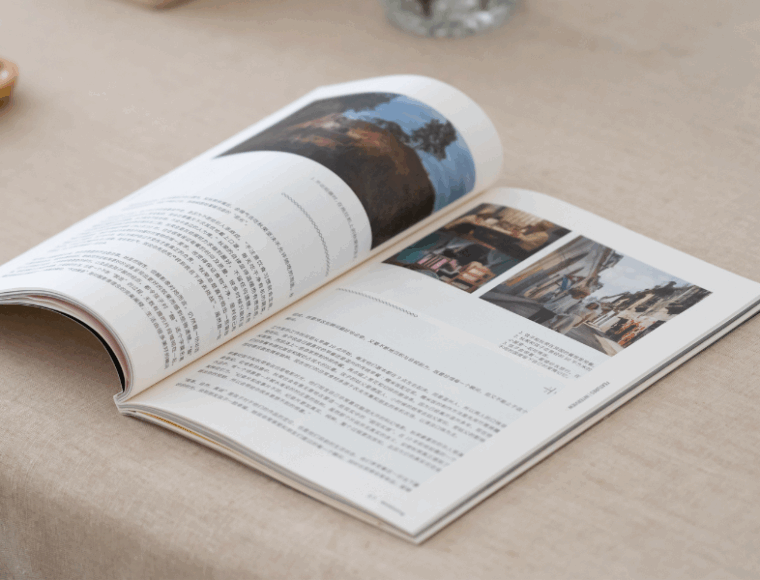


Browse Our Newsletter
Healing Systems, Not Just People: Healing Health Inequalities
Read more

Tell us about your background and what attracted you to your current role at BWS?
My journey into this work has been shaped by both personal and professional experiences. I was a foster carer for 16 years, mainly working with teenagers experiencing homelessness. Alongside this, I trained as a psychotherapist to strengthen the therapeutic support I was offering. That training deepened my interest in homelessness and led me to a role as an assertive drug and alcohol outreach worker.
As I became more aware of the specific challenges women face, I trained further and moved into a specialist outreach role focused on domestic abuse and trauma. That eventually brought me to Brighton Women’s Service, where I started as the Therapeutic Lead before stepping into the manager role when the previous manager left.
This work also holds personal meaning for me. I experienced homelessness myself as a child and young adult in Brighton and Hove. That lived experience fuels my passion and drives my commitment to supporting women who are navigating similar paths.
What are the most significant challenges women you support face, and how does your team work to address them?
The women we support face multiple and often intersecting challenges. Many have experienced adverse childhood experiences, domestic abuse, mental health difficulties, neurodivergence, substance use, exploitation, trafficking, misdiagnosis, marginalisation, involvement with the criminal justice system, the loss of children from their care, and health inequalities. These challenges are often made worse by limited access to education and systemic barriers.
At BWS, we work under the umbrella of Psychologically Informed Environments (PIE), using a trauma-informed approach to create a therapeutic and safe space. We understand that many behaviours come from survival responses, so we’re intentional about the language we use, our body language, and the way we respond to distress.
A key part of our offer is on-site trauma stabilisation, delivered by a dedicated practitioner. Staff are also trained to understand and integrate trauma stabilisation techniques into their keywork, helping them to support emotional regulation in everyday moments. We’re very conscious of how the environment can trigger trauma responses, so we constantly reflect on the sensory and emotional impact of the spaces we provide.
Multi-agency working is essential to what we do. By building strong partnerships across services, we can link women to the specialist support they need, often helping them overcome mistrust that stems from previous negative experiences. Creative approaches like art-based activities and participation in the Brighton Fringe also play a big part in helping women express themselves and rebuild confidence.
This is just a snapshot of our work, but it all comes back to building trust, creating safety, and walking alongside each woman as she begins to rebuild.
What innovations or changes have you introduced that you’re particularly proud of?
We’re proud to be part of Make Change Count, a city-wide collaboration of homelessness services in Brighton & Hove that offers the public a thoughtful alternative to street-based giving. Our Deputy Manager, Keran, represents BWS within the project, which has been running for three years and continues to grow.
While BWS is already well funded to deliver our core work, Make Change Count adds real value. The donations raised allow us to do things we might not otherwise be able to like organising fun days out, buying punchbags for emotional regulation, or creating our garden room: a quiet, comfortable space where keywork can happen confidentially and calmly.
It’s a great example of how collective, community-minded initiatives can enhance the day-to-day support we offer women.
What would you like partners and commissioners to better understand about the realities of supporting women with multiple complex needs?
I’d like commissioners and partners to understand the breadth of what this work really involves. We support women through grief, through unsafe or traumatic relationships, and through mental health crises, at times intensively and at other times by offering tea and a chat. We help with practical issues, emotional regulation, day-to-day tasks, and long-term recovery. Sometimes, that means helping someone engage with education or interests again. Other times, it’s as simple as sitting with them in their lowest moments.
We create space for joy, offer opportunities for relief and play, and empower women to view themselves differently, seeing themselves as worthwhile and capable of living fulfilling, self-directed lives.
All of that sits alongside fixing furniture, managing referrals, safeguarding and unblocking the odd toilet! It’s demanding, deeply human work that changes lives in ways that aren’t always visible but are always real.